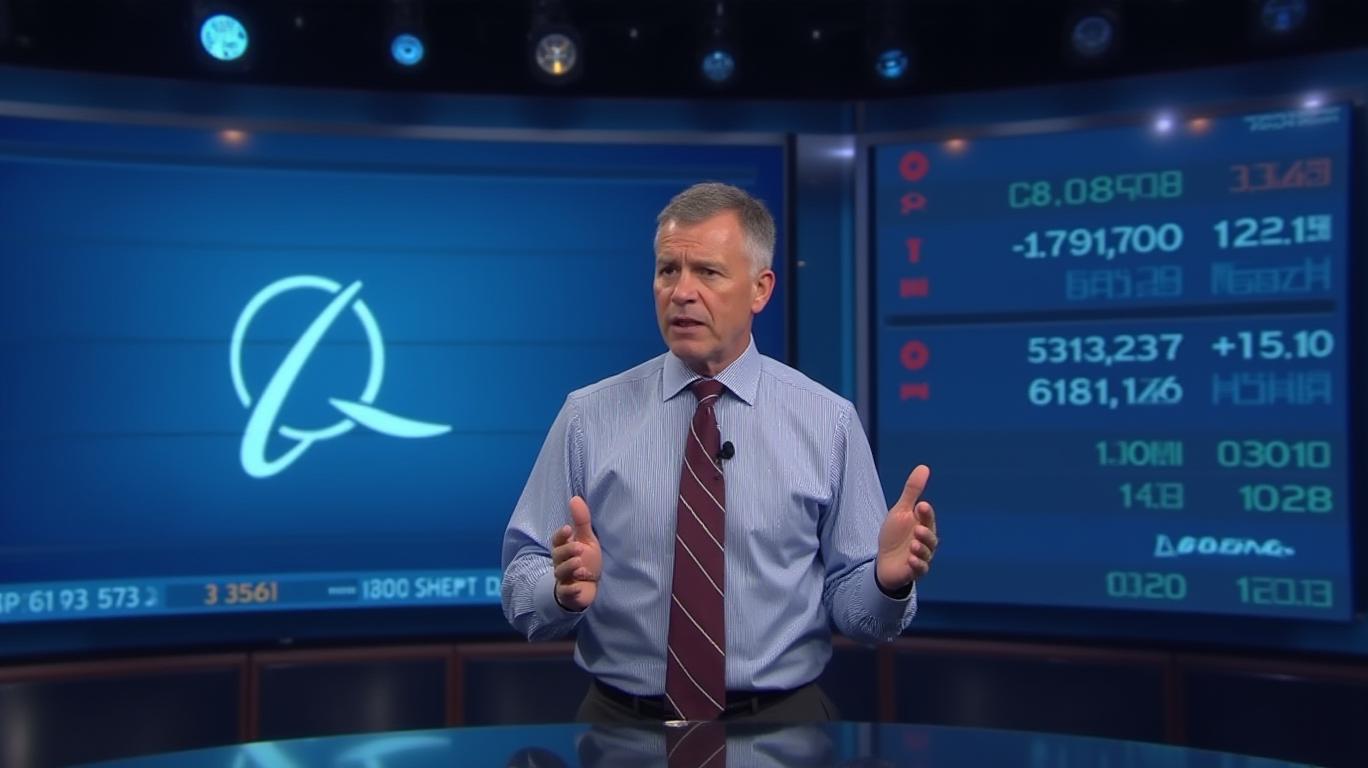Boeing Stock Plunges 3.85% Amid Safety Concerns, Tariff Uncertainty
On April 7, 2025, Boeing's stock price dropped by 3.85% in pre-market trading, reflecting investor concerns and market volatility.
Boeing has been facing multiple challenges, including the recent incident involving a BoeingBA-- 737 aircraft that caught fire mid-flight. Although the plane landed safely without any injuries, the incident has raised concerns about the safety of older aircraft models. The Federal Aviation Administration has launched an investigation to ensure there are no underlying safety issues.
Additionally, Boeing's stock has been impacted by the recent announcement of new tariff policies, which could add uncertainty to its complex supply chain. Analysts suggest that rising costs and potential trade retaliation could increase risks to Boeing's earnings and valuation. The company's global supply chain, particularly for its wide-body aircraft like the 787 Dreamliner, is significantly affected, with suppliers contributing around $18 billion in sales last year. Boeing may need to decide between absorbing additional costs or passing them on to customers.
The ongoing trade tensions, particularly between the U.S. and China, pose another challenge for Boeing. As one of the largest manufacturing exporters in the U.S., Boeing is at the center of the tariff storm. While Boeing can temporarily shift some deliveries to domestic buyers, this is only a short-term solution. China's demand for aircraft over the next 20 years is crucial for Boeing, accounting for 20% of global demand. Investors should monitor tariff exemptions, cost-passing strategies, and potential supply chain shifts.
Despite short-term risks, Boeing's long-term prospects remain favorable, provided the tariff issues do not escalate into a full-blown trade war. Boeing's dominant position in the global market and its duopoly with Airbus could mitigate potential market shocks. Recently, China Southern Airlines listed 10 Boeing 787-8 aircraft for sale on the Shanghai United Assets and Equity Exchange, reflecting market considerations of the economic viability of older aircraft models. Experts note that the 787-8 is less economical than the 787-9 due to lower passenger capacity and range, resulting in higher per-seat costs. This asset reallocation highlights airlines' efforts to optimize their fleets and reduce operating costs.

Knowing stock market today at a glance
Latest Articles
Stay ahead of the market.
Get curated U.S. market news, insights and key dates delivered to your inbox.

Comments
No comments yet